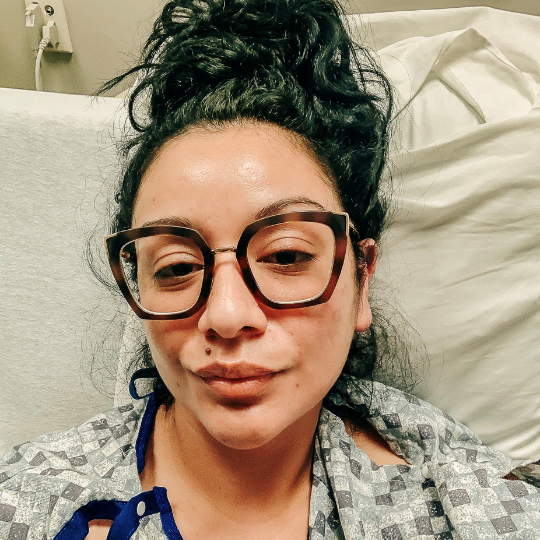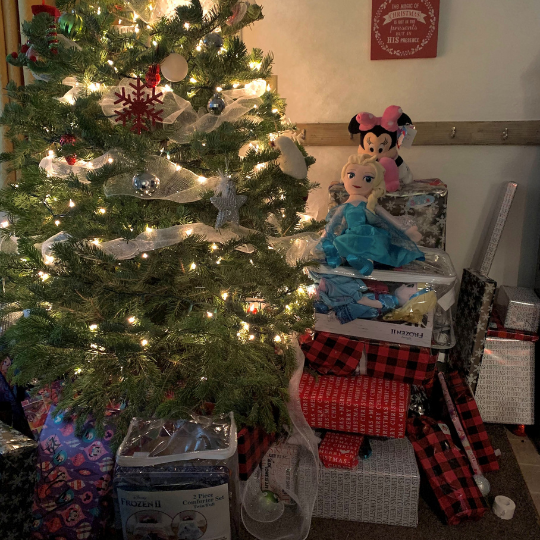A mother of five and a healthcare technician who worked on her feet at a hospital, Stephanie was quite active. For recreation, the family hiked – that was their go-to activity on Sundays. Residing an hour-and-a-half from Yellowstone National Park, they drove to new places to hike week after week.
But on that day in May when her legs swelled on a hike, the family piled back into the car to get Stephanie to the hospital.
“You shouldn’t be here right now,” she remembers a doctor saying to her in the ICU, a comment not about her location but about her existence. She had numerous blood clots, including in her heart and lungs, which the doctors immediately focused on. In addition, she was spilling 15 grams of protein in her urine; Stephanie’s kidneys were failing.
A kidney biopsy revealed IgA nephropathy and secondary focal segmental glomerulosclerosis or FSGS, two rare kidney disorders. She was put on a regimen of high-dose steroids aimed at stopping the inflammation in her kidneys. When she was discharged from the hospital a few weeks later, chemotherapy would be added to the regimen. The once avid Yellowstone hiker was now using a walker.


